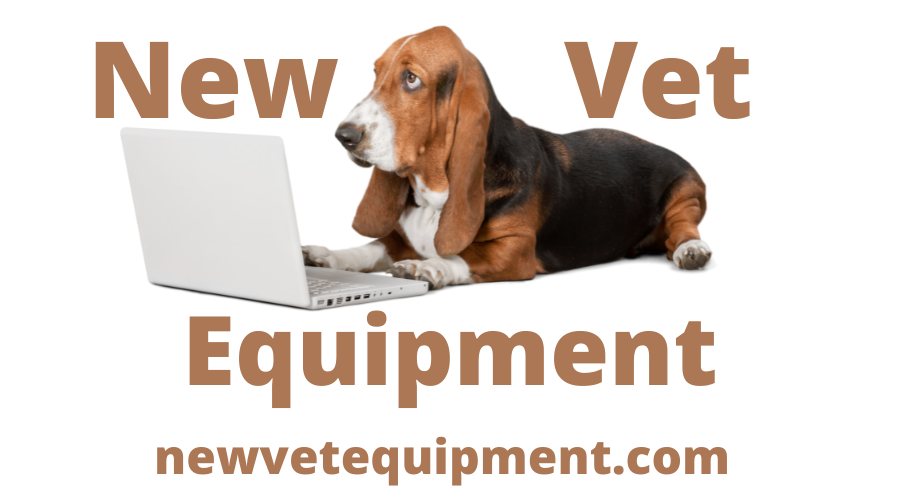Learning to manage money—including balancing your budget, planning your taxes, and tracking all expenses—is a daunting task for any new business owner. And veterinary practices are no exception.
However, healthy finances are necessary for your practice to grow and thrive.
Think of Accounting as Part of Your Strategy
With all the work that goes into opening a veterinary practice—not to mention your busy schedule seeing patients—it’s understandable you might want to ignore your practice’s balance sheets or just assume you’re doing okay if you’re not out of money at the end of the month.
However, much like a personal budget, keeping track of your business revenue and expenses can help you make the most of your money.
It allows you to focus on your goals—like investing in better equipment or hiring new team members, all for better patient care.
It can even help you maximize your practice’s valuation, for that far-off day in the future when you may want to sell.
Importantly, knowing where you stand also helps you feel in control—so you can confidently “steer your ship” through good and bad economic times alike.
Here are some tips for taking on your practice’s financial duties…
1. Learn Basic Bookkeeping and Financial Terms
Do you know what it means to set up a profit and loss statement?
What about cash versus accrual style accounting? And how is cashflow different from profits?
If these terms sound like a foreign language to you, you’re not alone. There’s a lot to learn when you’re just starting out managing finances for a business.
Like any field, it helps to start with the basics.
This will allow you to understand more complex financial concepts in the future, and to properly categorize all your expenses and revenue for accurate records.
2. Ensure You Have All the Proper Legal Paperwork
If you’ve formed a corporation, there is always paperwork involved. This may include not only your paperwork to create a corporation, but also certain forms regarding your tax classification (for example, LLCs have the option to file taxes as S corporations).
You’ll also need the correct forms required by your state, county, or city to operate your business. At the very least, in addition to veterinary licenses, this probably includes a local business license and forms that authorize you to collect taxes from your clients on taxable goods or services.
All of this may vary a lot between states or cities, so it’s important to research what is required for your location. Failing to do so, and to renew when needed, could result in financial penalties.
3. Keep Business and Personal Finances Separate
Mingling personal and business finances make it impossible to really see how your business is doing.
Also, it may carry financial risks. You could lose tax benefits such as deducting business expenses.
Depending on which type of business you’ve set up, you could even face personal liability (rather than having liability protection through your corporation) if you are sued.
To avoid these issues, it’s crucial to keep your personal and business finances separate.
The easiest way to do this is by having entirely different bank accounts for yourself and your veterinary practice. And if you need to use a credit card, have separate business and personal cards.
By maintaining this separation, you’ll never accidentally mix your personal and business transactions.
There are ways to withdraw money from your business to use for yourself, such as when you pay yourself a salary. But it’s important to check that you’re following all of the legal rules and tax considerations for this.
4. Track Everything in Real-Time
Don’t be the person who shows up at their accountant’s office two weeks before April 15th with a giant box of unsorted receipts…
Rushing at the last minute is inefficient. It prevents you from setting goals, seeing where you stand throughout the whole year, and planning for certain tax benefits.
So stay on top of your bookkeeping year-round.
5. Find a System That Works for You
You may have heard of common accounting software like QuickBooks. You may also have some accounting capabilities in your veterinary practice’s software.
Do some research and see what works best for you.
Try to automate whenever possible—i.e., use a system that automatically syncs with your expenses and revenue, so you don’t have to enter numbers manually.
6. Consider Working With a Professional
Many business owners outsource their financial tracking to a CPA or other qualified professional.
This makes sense. It saves you time and allows you to focus on what you really want to do—care for animals—rather than spending hours on tedious number crunching.
Plus, you have the security of a knowledgeable professional who can ensure everything is done correctly (some even offer guarantees to defend you if you’re audited), and offer additional tax and financial planning strategies you might not have thought of on your own.
Also, a financial professional may be more likely to spot mistakes or missing money—whether accidental or due to something like an employee pocketing cash or merchandise.
Nowadays, there are even CPAs who specialize in the veterinary industry and understand your needs as a practice owner.
7. Track Your Goals
One of the biggest benefits of managing your finances is that it allows you to accomplish your goals.
Rather than leaking cash here and there, you know exactly where every dollar is going—so you can use your money the way you want to use it to grow your practice.
Even if you’ve outsourced to an accountant, check in with them on a regular basis. Explain your goals so they can work with you to make it happen.
Knowledge is power. When you take control of your practice’s finances, you’ve taken a powerful step toward success and realizing your dreams as a practice owner.
Written by: Dr. Tammy Powell, DVM



